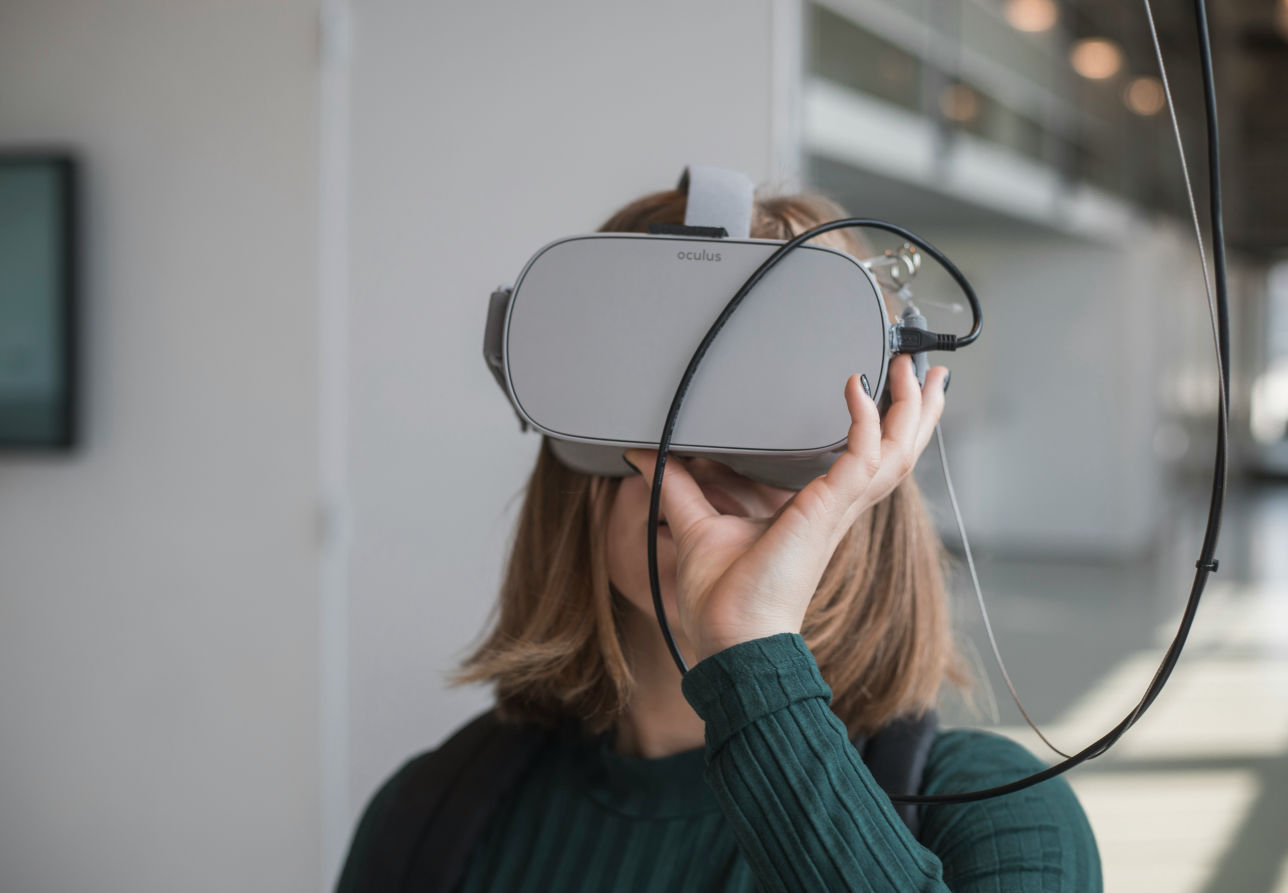The Role of InventHelp in the Invention Process
Bringing a new invention to life is an exciting journey filled with possibilities but can also be a daunting process for those new to inventing. One of the biggest challenges for new inventors is knowing where to start and how to navigate the complex landscape of invention development, protection, and commercialization. This is where InventHelp comes in.
Offering a comprehensive suite of services designed to Help with your invention idea to guide inventors through every step of the invention process, InventHelp provides support in areas such as patenting, prototyping, and marketing. Their expertise helps inventors turn their ideas into tangible products and successfully navigate the commercial landscape.
